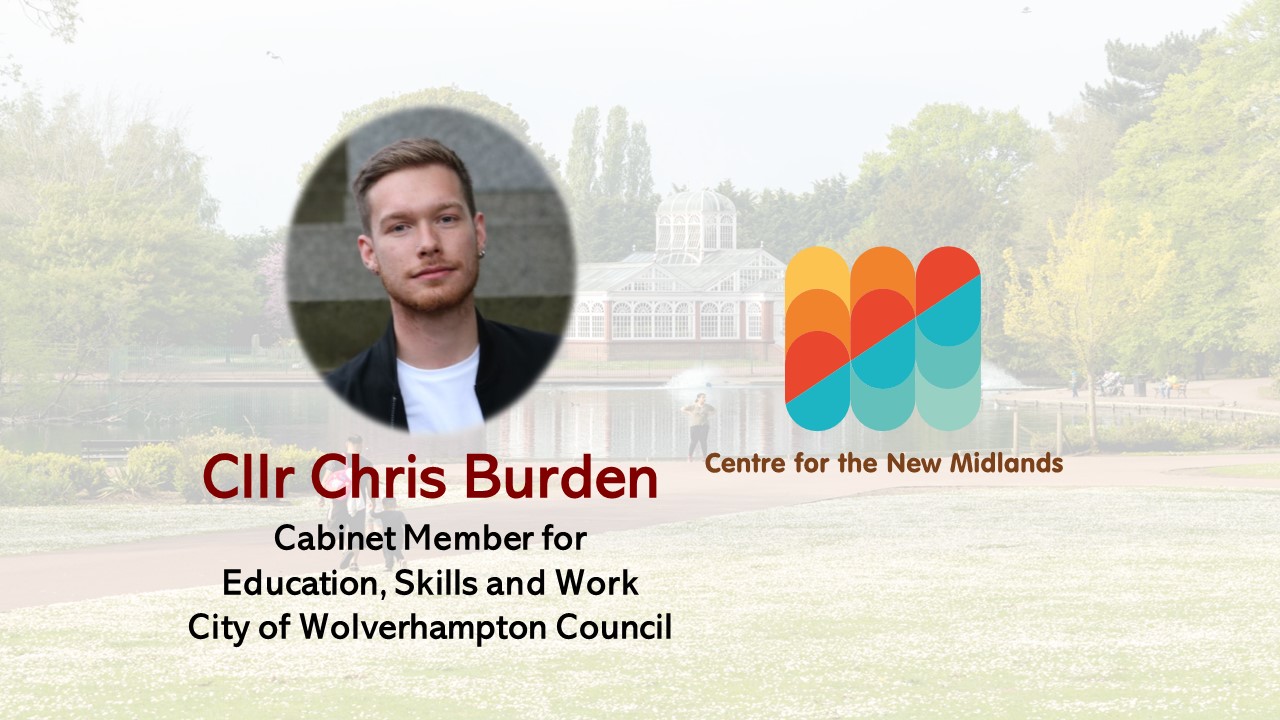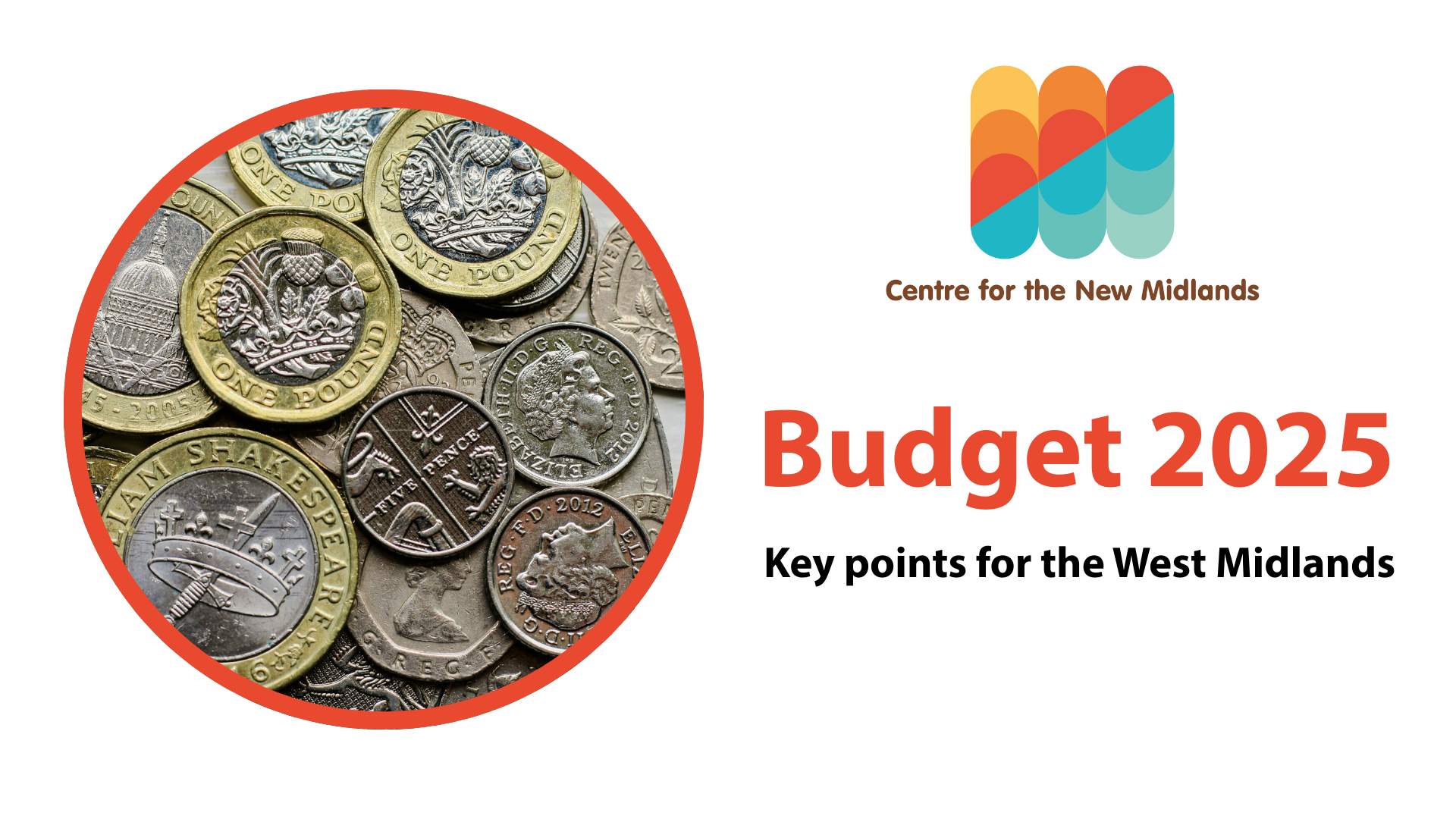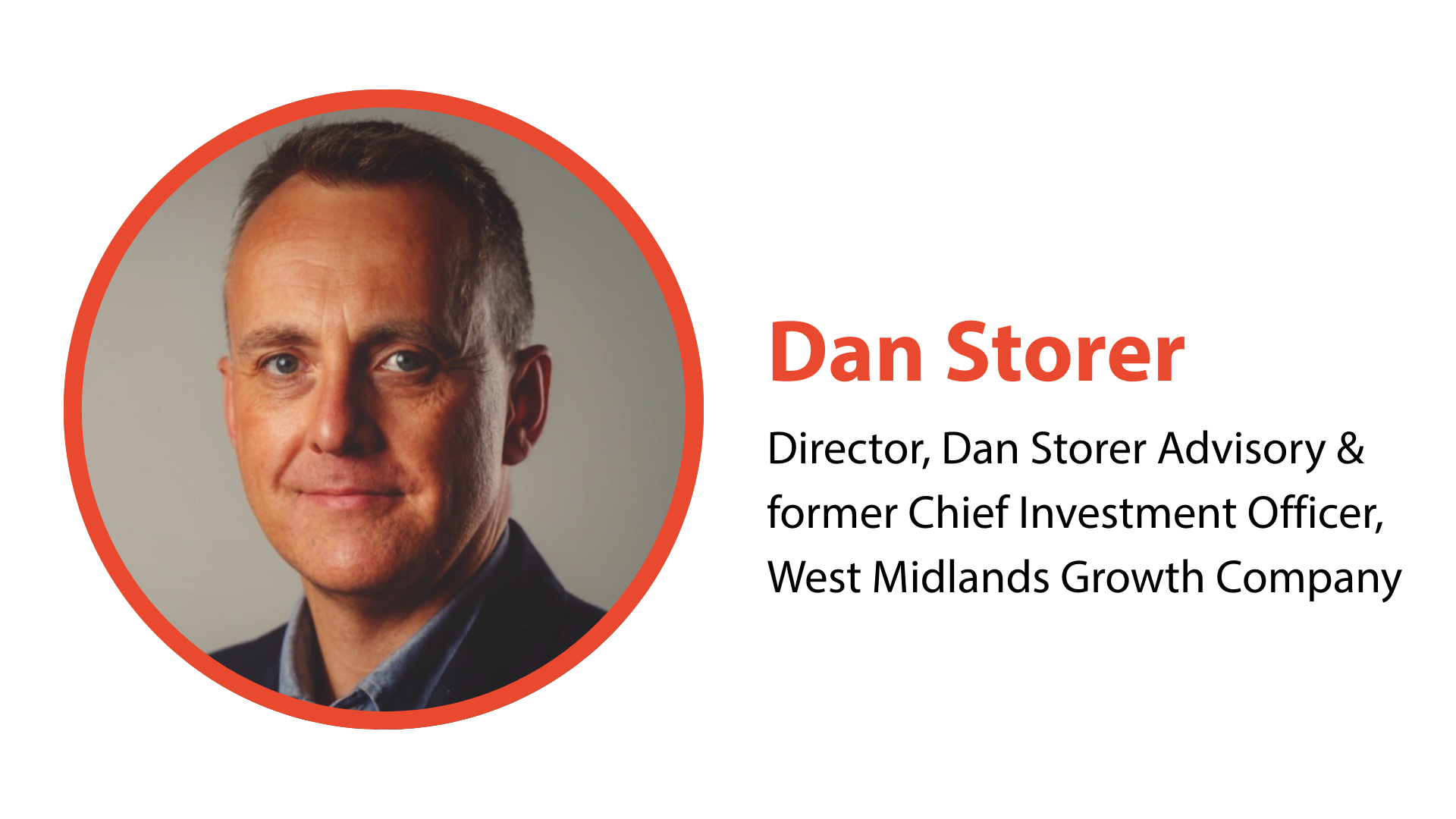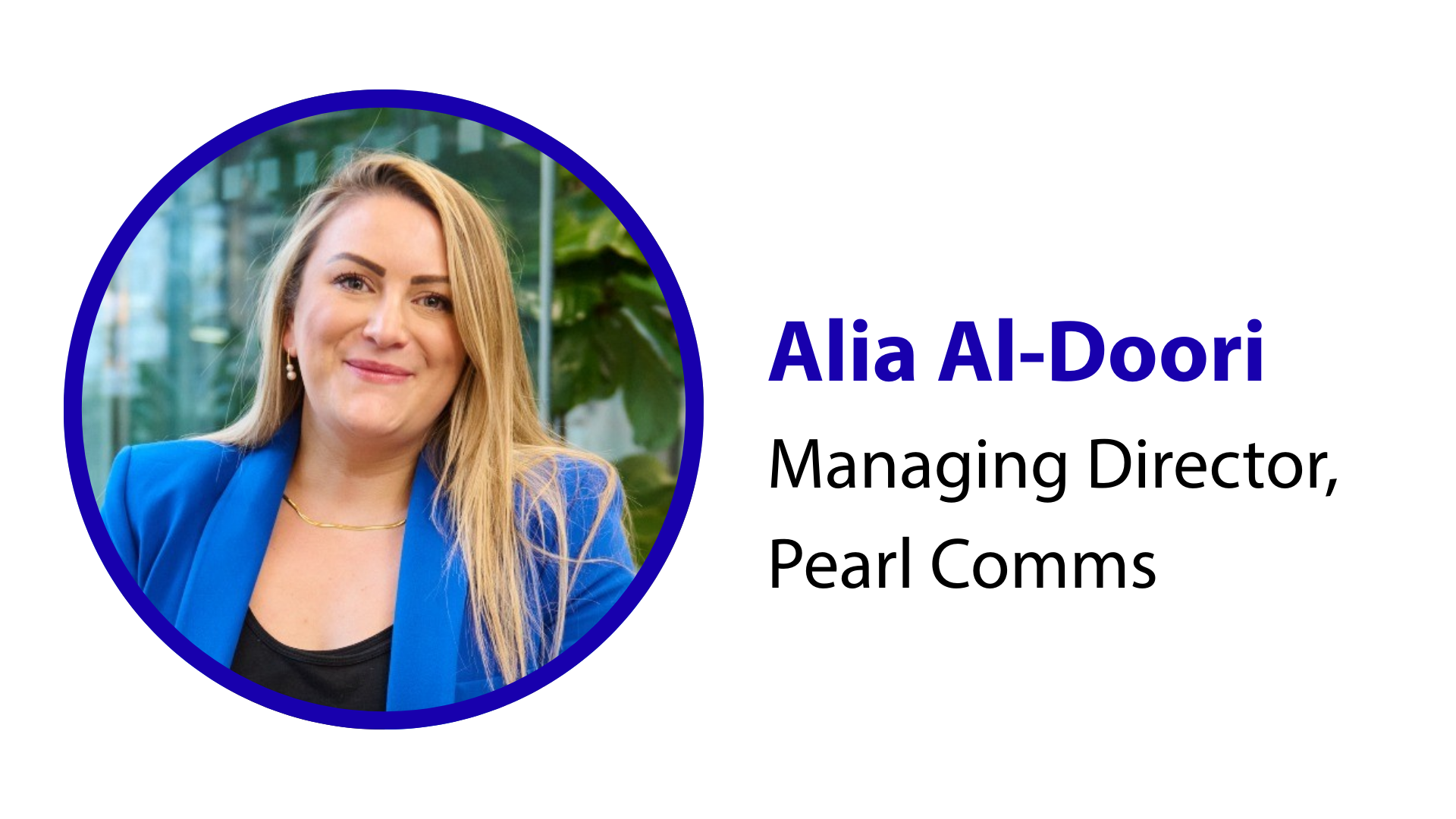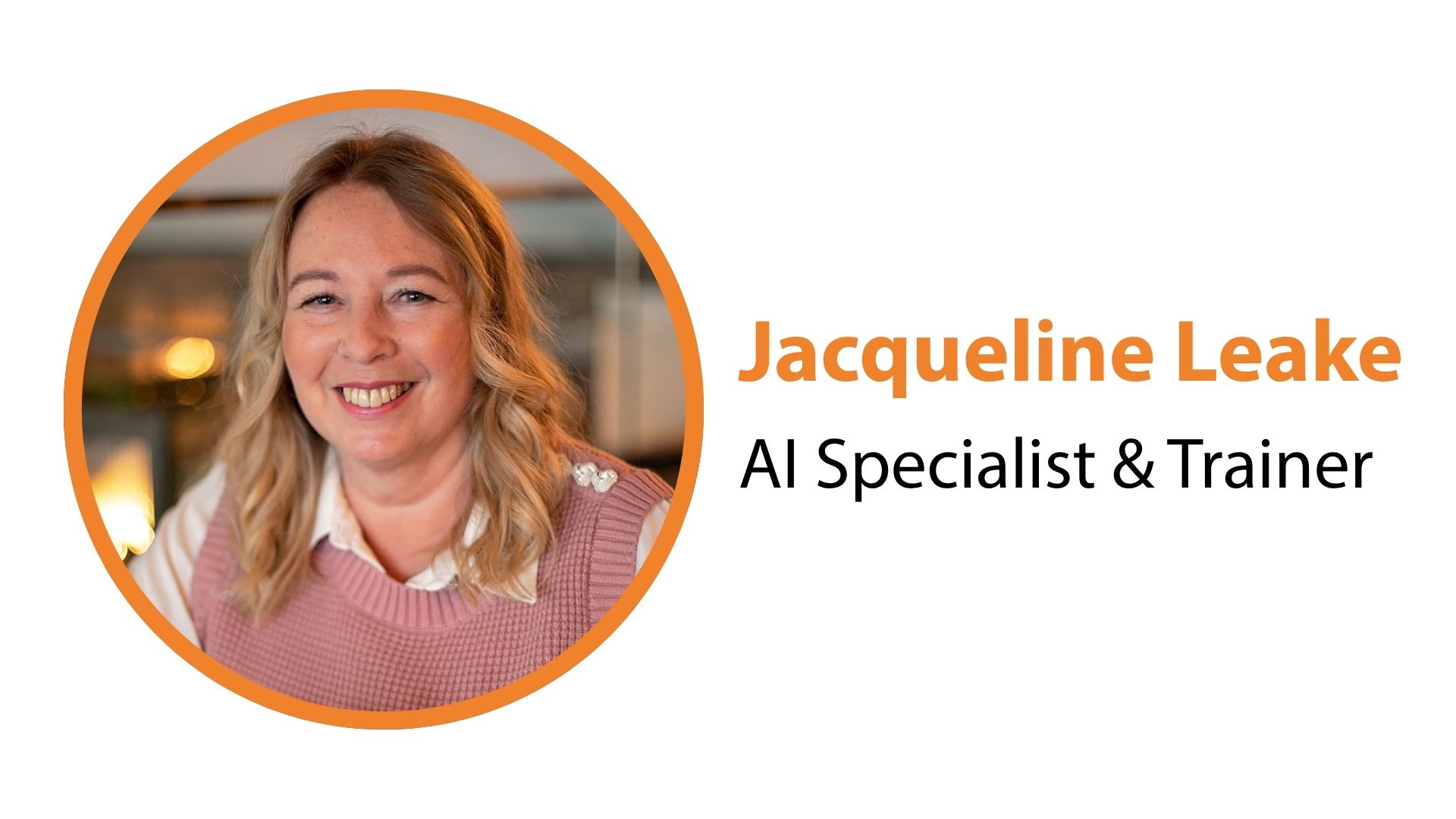In May 2021, Chris Burden was elected as a Labour Party Councillor to Wolverhampton City Council, representing Fallings Park ward. A year on and Cllr Burden is now in the midst of his PhD in social science at Aston University and has recently been appointed as the City of Wolverhampton Council’s Cabinet Member for Education, Skills and Work.
We asked Chris for some of his reflections on his experiences over the past year and his take on the barriers to participation.
I’m sitting here, one year on from when I was first elected, wondering what would be best to include. It’s said that a week is a long time in politics, but a year has been an eternity. What I do know is that I don’t intend to write an essay that is designed to be read and then promptly forgotten. No. What we need is a conversation starter, opening a frank and honest dialogue about local government in the United Kingdom.
So, forgive me if this is perhaps controversial, or if I ruffle a few feathers. I’m certainly not setting out to be contrarian, but it would be remiss of me to speak adoringly of a system in which the status quo doesn’t work, or to not mention the managed decline which the government has placed it in.
For your sanity, and my own, I’ll present these thoughts as a small narrative. After describing my experiences of the first year, I’ll move on to discuss the role young people play in local government, and the issues plaguing a system perhaps beyond its sell by date.
The Role of a Councillor One Year On…
Asking a councillor about their role is akin to asking how long a piece of string is. With this role, it’s defined by what you want it to be, and how much effort you put in. Now of course, there’s legislative requirements of the role, such as committee membership and set meetings. There’s the dramaturgical performance of the full council and representing your local community where it matters.
Now many people stop there. They fulfil their legal requirements. Now that isn’t a Wolverhampton issue, per se, but a national one. Take MPs for instance, many are deeply entangled in their local communities, while others occupy themselves solely with the world of Westminster. The same is very true of councillors.
That approach doesn’t work for me. It’s an honour to be elected, and you have a duty to return that investment. In many ways, that means the council can become your life, absorbing your sense of self, but also opening all of your flanks for attack. I understand why some councillors choose to retreat, I really do, which is why I don’t level that approach as a criticism, but rather an observation.
If you let it, the role takes over your life and your relationships, and your public and private life become consumed by an irrevocable context collapse that you can never claw back.
Since becoming a councillor, every aspect of my life has come under intense and sometimes vile scrutiny. Perhaps, I often think, this is my own fault. If I withdrew from my community, I could reembrace my anonymity. But I don’t think that’s the right thing to do. While others may withdraw behind the party bulwark, I think we owe it to the people to defend our policies. Now… the problem with poking your head above the parapet, is that you become open to attack.
Now I’m not resenting criticism, far from it, scrutiny is a vital part of public life. By 90% of this criticism isn’t levelled at my politics or position, it takes the form of exclusively attacks on my person. My inbox gets bombarded with homophobic hatred, and my private life is dissected. If I drink at a pub, people take ‘subtle’ photos of me. My clothing, my accent, and my life are discussed. Slurs are whispered at me under breaths, and vile threats of sexual violence are de rigeur rather than rare events. I’ve got a pile of Crime Reference Numbers in my inbox, as do many of my colleagues. I’ve had to have my address hidden after threats.
Surely it’s not a massive shock at the quantity of single term councillors we see, or the lack of engagement in local government.
Being Young in an Outdated System…
Now being young in politics has brought with it its own challenges and issues. It may sound silly, but it can be a bit lonely. The timings of meetings are often unsociable, which is of course a sacrifice we are all willing to make, and the demands of the approach and campaigns apply huge strains to your friendships and relationships.
In the role, my competence is regularly questioned due to my age. I’m regularly asked if I’m the Councillor’s secretary or assistant, and people regularly inform me they don’t think I’m capable of fulfilling the role. They’re entitled to their opinion, of course, and I can take it like water off a duck’s back at this point. But it’s fundamentally done to discourage new people from participating in the system.
And that’s the issue with our focus on encouraging younger people and those from underrepresented groups into standing in local elections. It isn’t the panacea that people present it as being. Electing new people into the system is fantastic, but when that system doesn’t work, it’s simply putting a plaster over the cracks rather than fixing the failing foundations.
Encouraging people is good, but it certainly doesn’t address the barriers to accessing elected office. This is one of the great issues which indicate an arm of government totally unprepared for modern life. So many people, especially vulnerable people, are priced out of being a councillor. Contrary to popular thought, it isn’t a hugely well-paid role. In England the highest basic allowance for councillors is £16,926, and in Wolverhampton, the allowance is £11,500. There’s no expenses, no pension contributions, and in most authorities no ‘perks’.
People will correctly point out that this is due to it being a part-time role, but that reality isn’t shared by those on zero-hour contracts, in their early career, or in precarious employment. While it is indeed ‘part-time’, the ability of people in the above positions to attend daytime meetings, or late-night sessions is almost impossible without forgoing shifts or declining their rota. They simply can’t risk being elected, without prejudicing their employment.
This feeds a vicious cycle.
People on zero-hours contract aren’t represented in local government, thus their opinions aren’t heard, thus no change comes about. This is of a particular concern as these roles are predominantly held by younger people, who then find themselves excluded. In the West Midlands, where 32% of our population is under 25, a huge section of society becomes politically excluded.
However, barrier to access is just one flaw in an outdated system. Council finances are yet again under attack from a creeping centralisation. Council’s core spending power is reduced and has been replaced by discrete pots of money that Councils must compete to win. Previously proud institutions are now engaged in gameshow style combat for basic provisions.
The problem is, it allows the Government to claim the system is still well funded, while simultaneously hindering our ability to spend and fundraise.
This leads to a huge issue with public engagement. People are frustrated as it can often seem as if we are spending vast amounts on various projects, while not others. This frustration is shared by Councillors across the country. Our central funding is now piecemeal, and phasing and prioritisation of projects is dictated by the availability of government pots decided in Westminster.
In short, the system is woefully underfunded, and even in the instances that it is adequate, it is siloed and pre-determined. Councillors have little input into this spending, and decisions are made by people who have often never visited the locations they impact and are not accountable to the public.
Some Closing Thoughts…
I’m not suggesting the system is in any way beyond reprieve. I have indeed been able to make impact in my role, and I hope during my tenure so far have introduced new people to the political system. Boosting voter engagement is a difficult task, but it’s one that is eminently worthwhile.
To look for how we could improve, we could look at the devolution situations within some of our closest neighbours. Germany’s federalism provides many answers to Britain’s questions. Powerful councils, regional bodies, and a proportional parliament boost political engagement, and demonstrate how power can be effective at a local level.
The future will improve, because frankly it must. But we need to take that first step.
Chris Burden is currently the Cabinet Member for Education, Skills and Work on City of Wolverhampton Council, and is the youngest ever member to hold a Cabinet position in the city. Outside of his Council roles, Chris is studying for a PhD in Social Sciences at Aston University, where he is exploring the role of self-presentation of politicians on social media platforms.


